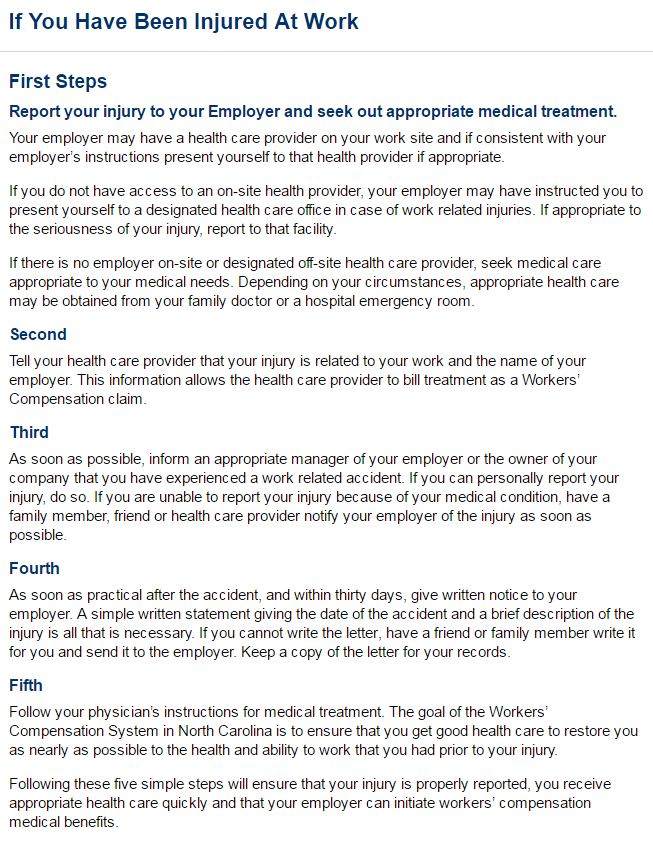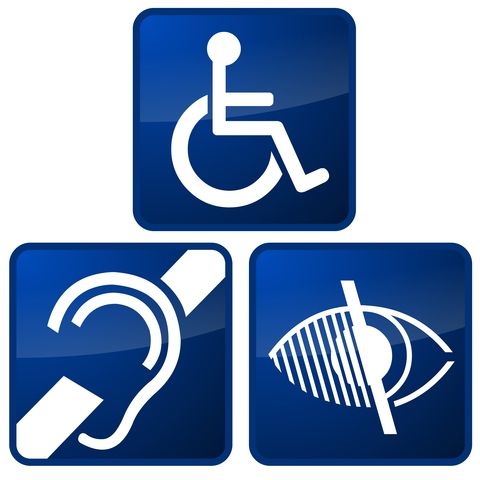What is Long Term Disability? How is Different from Short Term Disability? Can I Apply for Social Security Disability?
There is no definite answer in all cases. It is a case-by- case basis where I would advise someone on what to do in a particular situation – Kevin Jones
Important First Steps in Filing Claims
- What does the Insurance Policy Language State?
- What is Provided?
- What are the Terms and Conditions?
- What Level of Coverage is Available?
- Does the Employer or Insured Receive Credits?
- Can You Apply?
- When is it Appropriate to Apply?
- What Paperwork or Forms are Required?
- What Timing Issues should be considered?
MORE INFORMATION: What Happens If My Disability Check Is Late

MORE INFORMATION: How To File a Claim for an Injury at Work


Modified Transcript of “Can I apply for Social Security Disability?” for the Hearing Impaired
Hello, my name is Kevin Jones with the Dodge Jones Injury Law Firm. I handle workers’ compensation claims in North Carolina. I am here this morning to talk about some frequently asked questions that I get regarding benefits in a workers’ comp claim.
One of those questions can be, if your employer has these benefits, is do I also apply for short term and/or long term disability and do I apply for Social Security disability if it’s a situation where the person has been been out and it does not look like they are going back to work?
There is no definite answer in all cases. It is a case-by- case basis where I would advise someone on what to do in a particular situation.
However, in general, short term and long term disability benefits get credit for workers’ compensation benefits that are received.
In that situation, it may not be of any monetary benefit; however, even though you may not recover any additional income by filing for those, with certain employers, particularly government employers, it can also give you the right to keep health insurance, which can be extremely important while you are out.
If you have an admitted workers’ comp claim and you are receiving temporary total disability benefits, you may need to also apply for either short term or long term disability benefits if your circumstances warrant it.
If you have questions about that, please call us. We are happy to talk to you about it.
The interplay between these kinds of benefits can get complicated as far as who pays first and who gets the credit.
You also can have Social Security disability come into play. When that happens, things can get even more complicated.
The bottom line is there is no right or wrong answer for every case. It really depends on your situation, your employer, the nature of the short term and long term disability that you have available.
Social Security Disability is different than Workers’ Comp – Kevin Jones
In workers’ comp, it is decided by statute, by case law, by rules.
When you are talking about short term and long term disability benefits that you may also have through your employer, the first thing we are going to have to do is look at the policy language, what does it say?
What credits do they get?
When is it appropriate to apply? What do you have to do?
Whenever we are handling a workers’ comp claim, we also will assist our clients in figuring out what needs to be done and when.
We will also assist with getting the right paperwork and applications filed, and any interaction that needs to happen with the employer
or its Human Resources HR department, that type of thing, to make sure everything gets done in a timely manner.
If you have questions about these kinds of benefits, give us a call.
Thank you.
Kevin Jones is a Board Certified Specialist in Workers’ Compensation Law in North Carolina.
He helps people with Claims Involving Workplace Injuries, providing advice on issues such as:
- What are your Legal Rights under the Workers’ Compensation Law in North Carolina?
- When Do Claims have to be filed?
- What Information is Necessary?
- Providing Notice to the Employer
- Obtaining Treatment
- Applying for Disability
- Social Security Disability
- Long Term Disability
- Short Term Disability
Mr. Jones provides an initial consultation, free of charge.
 North Carolina Workers' Compensation News
North Carolina Workers' Compensation News









